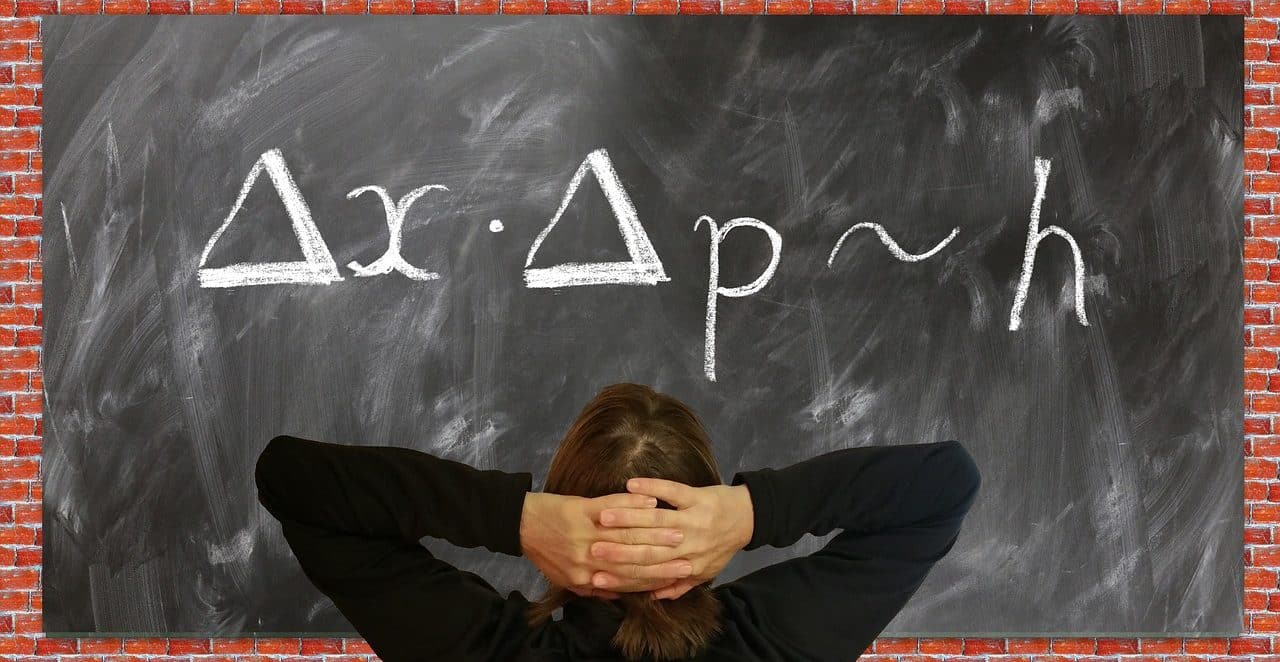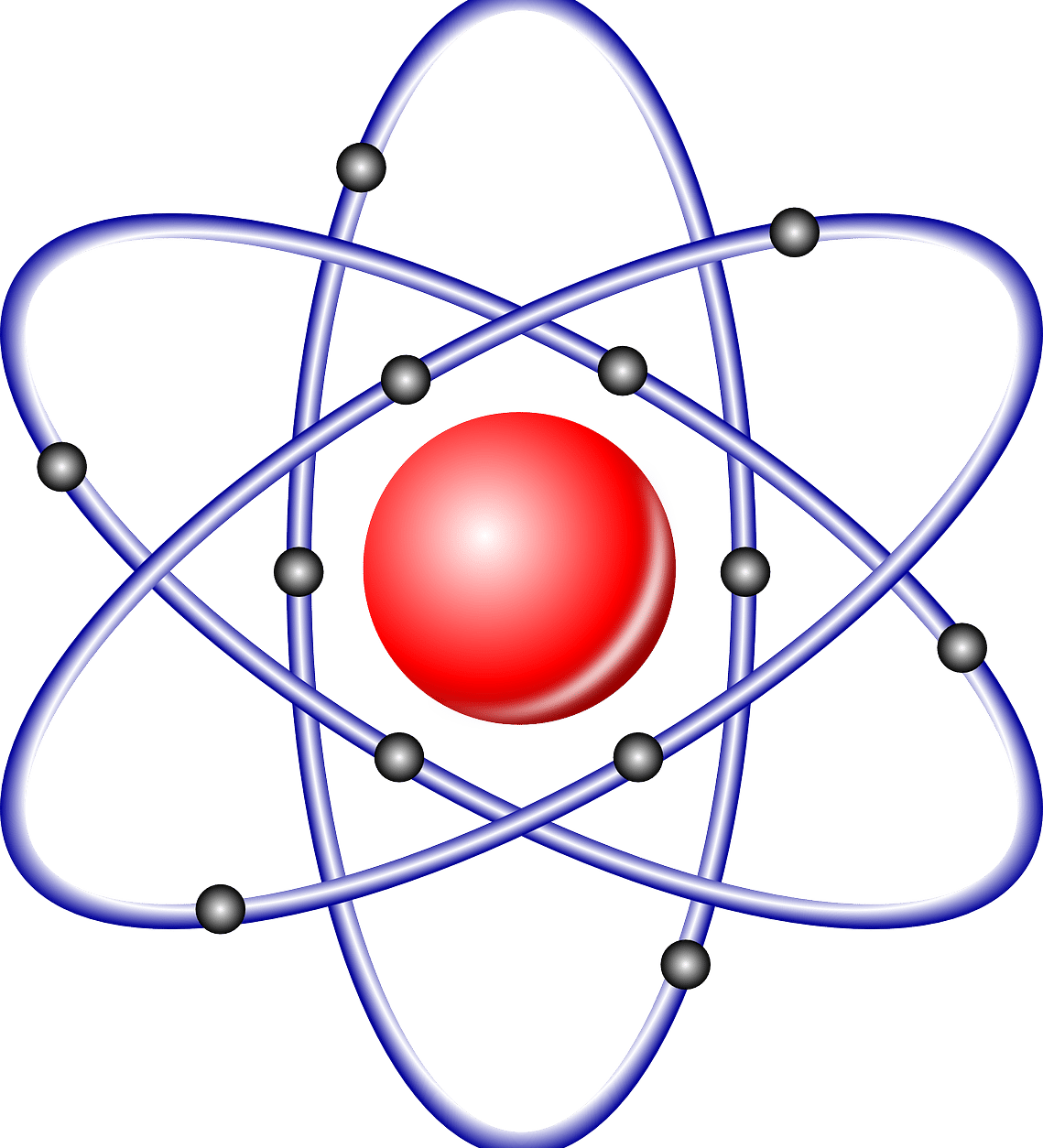
Heisenberg's uncertainty principle was a great contribution to particle physics.
The Heisenberg uncertainty principle is a postulate that indicates that it is not possible to know precisely the value of certain pairs of complementary physical variables . The person who enunciated this rule was the German Werner Heisenberg (1901-1976).
According to this principle , when the uncertainty about the position occupied by a particle is small, the uncertainty about its momentum is large. The same thing happens the other way around: if the position uncertainty is large, the momentum uncertainty is small.
In other words, Heisenberg's uncertainty principle states that, as we aim to pinpoint the position of a particle with greater certainty, the less we can know about its momentum, momentum (and, consequently, its its speed and its mass).
Understanding the Heisenberg Uncertainty Principle
The Heisenberg uncertainty principle is based on the quantum superposition of particle properties. This assumes that there are particles whose observable variables (such as energy and position ) have two or more values simultaneously.
To understand what the principle refers to, the characteristics of quantum mechanics must be considered. In the quantum universe, a physical system has a simultaneous theoretical existence in different possible states. If a measurement is made, the result obtained corresponds only to one configuration of all possible ones.
There is, therefore, an overlap of properties. Due to this particularity, the Heisenberg uncertainty principle states that it is impossible to accurately define certain physical variables, such as position and momentum .
In a simplified way, it is usually indicated that these variables can only be defined operationally, always taking into account the experimental procedure carried out and taking a certain reference system.

According to the Heisenberg uncertainty principle, the momentum and position of electrons and other subatomic particles cannot be known precisely due to quantum superposition.
Its consequences
Heisenberg's uncertainty principle makes trying to know the values of position and momentum simultaneously absurd. What can be done is to appeal to mathematical entities that have a correspondence with the position and the moment, without being equal.
It must be considered that, in quantum mechanics, particles do not follow a defined trajectory and, therefore, the exact value of all the physical quantities that allow describing the state of motion is inaccessible. What there is is a probability that the particle in question is, at a given moment, in a certain spatial region.
Although there are different views in quantum physics , indeterminacy is generally associated with the non-existence of the positions of the particles: there are, however, waves . From the Heisenberg uncertainty principle , in this framework, phenomena such as Hawking radiation , vacuum energy , zero point energy and tunneling are deduced.

Heisenberg's uncertainty principle is also known as the indeterminacy relation.
The Heisenberg Uncertainty Principle and Mathematics
The Heisenberg uncertainty principle can be expressed by the following formula:
ΔpΔx ≥ h
In this formula, Δp is the momentum uncertainty (which is calculated by multiplying the mass by the velocity), Δx is the position uncertainty and h is Planck's constant (h=6.63×10⁻³⁴Js).
It should be noted that Planck's constant is the quantum of an action (that is, the smallest value that a certain magnitude can acquire in a physical system). Since Planck's constant is very small, quantum indeterminacy is considered negligible for deterministic physics and the macroscopic field in general.
Analysis of various phenomena
As we indicated above, from Heisenberg's uncertainty principle it is possible to deduce other phenomena that are part of the scope of quantum mechanics.
Hawking radiation was proposed by Stephen Hawking (1942-2018). According to this physicist, in theory this radiation is generated in the vicinity of the event horizon of a black hole . What Hawking radiation does is reduce the rotational energy and mass of black holes, which leads to their disappearance.
The idea of vacuum energy , on the other hand, refers to a type of zero point energy that exists in space, even where matter does not exist. That is why the concept is linked to the so-called quantum vacuum . It is believed that vacuum energy influenced the beginning of cosmic inflation and the acceleration of the expansion of the universe.
As for the energy of the zero point , this is the name given to the lowest energy that a physical system can have in quantum mechanics. It is also about the energy that the stationary state of the system in question has.
The tunnel effect , meanwhile, is a phenomenon that occurs when a particle fails to comply with the precepts of classical mechanics and penetrates a potential barrier that is greater than its kinetic energy.
Likewise, the virtual particle can be named: a quantum-type fluctuation that adopts the format of an elementary particle, which exists in a very short period of time and whose physical properties, due to the Heisenberg uncertainty principle , cannot be measured.
